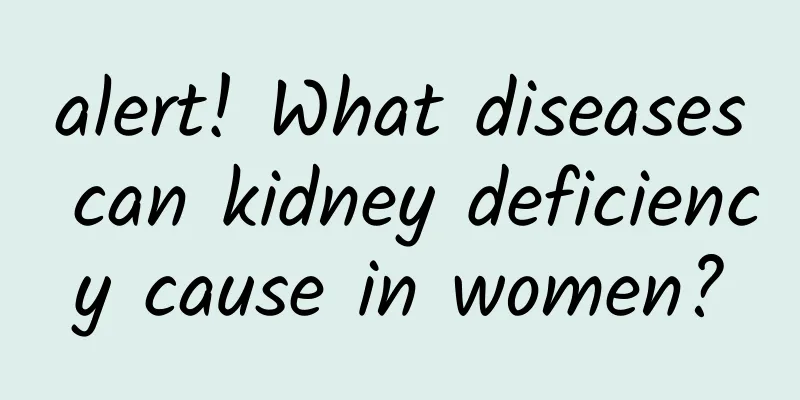What is polycystic ovary disease and what are the symptoms

|
I always hear female friends around me say that they have polycystic ovary syndrome. I can’t get pregnant because of polycystic ovary syndrome. So what exactly is polycystic ovary syndrome? Polycystic ovary syndrome (PCOS) is a common endocrine syndrome in women of childbearing age. In 1935, Stein and Leventhal first described bilateral ovarian enlargement accompanied by infertility, hirsutism and obesity, which was called Stein-Leventhal syndrome. With the deepening of clinical research, the range of clinical syndromes with polycystic ovary with anovulation and/or hirsutism is constantly expanding. In 1963, Goldziether summarized 187 articles on 1079 cases of PCOS and found that there were many atypical cases, such as no hirsutism and even ovulation function. With the development of detection technology, it is recognized that polycystic ovary is not a unique disease, but a clinical syndrome with multiple causes and extremely heterogeneous manifestations. symptom 1. Abnormal menstruation Menstruation is scanty or amenorrhea may occur, and in a few cases, functional uterine bleeding may occur. It often occurs during adolescence, as a continuation of irregular menstruation after menarche, sometimes accompanied by dysmenorrhea. 2. Hairy It is relatively common, with an incidence rate of up to 69%. Due to the increase in androgen levels, the vellus hair on the upper lip, lower jaw, chest, back, middle of the lower abdomen, both sides of the upper thighs and around the anus may become thicker and more numerous, but the degree of hirsutism is not proportional to the androgen level (affected by multiple factors such as the number of receptors, estrogen, SHBG and the sensitivity of hair follicles to androgens). It may also be accompanied by acne, excessive facial sebum secretion, deep and rough voice, enlarged clitoris, Adam's apple and other signs of masculinization. 3. Infertility Due to long-term anovulation, patients often suffer from infertility, and sometimes may have occasional ovulation or miscarriage, with an incidence rate of up to 74%. 4. Obesity Overweight exceeds 20%, and those with a body mass index ≥25 account for 30% to 60%. Obesity is mostly concentrated in the upper body, with a waist/hip ratio > 0.85. It usually starts during adolescence and gradually worsens with age. 5. Enlarged ovaries A small number of patients can feel enlarged and firm ovaries through general gynecological examination, but most patients need auxiliary examinations to confirm the diagnosis. 6. Estrogen Effects All patients showed good estrogen response. During examination, a large amount of cervical mucus may be seen. Continuous and large amounts of estrogen can cause rapid endometrial hyperplasia, atypical hyperplasia, and even cancer. |
>>: What exactly is the disease that is often mentioned, cerebral infarction?
Recommend
What generation of cephalosporin is cefuroxime?
Cephalosporin is a common medicine, and there are...
What should I do if I get constipated after taking folic acid?
It is quite common to have constipation after tak...
Chest, shoulders, back pain, poop
Regardless of their living habits or work habits,...
What are the symptoms of spleen damage?
The spleen is one of the important organs in the ...
Symptoms of steroid dermatitis
Among many skin diseases, the incidence of dermat...
Men's lower body pain
As the saying goes, men don't shed tears easi...
What are the consequences of abnormal fetal heart rate?
Abnormal fetal heart rate has a great impact on t...
Is teeth whitening good? Several methods need to be paid attention to
Everyone wants to have white teeth, especially th...
How to deal with wound suppuration
Wound suppuration is mainly an inflammation of bo...
How to protect your waist in daily life, you should do these
The waist is a very important part of our body. A...
Why is the male genitals always hard?
There are many reasons why the male genitals beco...
What is the most effective way to treat a baby's cold?
It is quite common for babies to catch a cold. Wh...
What kind of physical therapy device is good for synovitis
Physiotherapy equipment is a high-tech product be...
What are the symptoms of water breaking in late pregnancy
If water breaks in the late pregnancy, it means t...
Why do women have urinary urgency? What are the causes of urinary urgency in women?
In daily life, female friends may often experienc...









